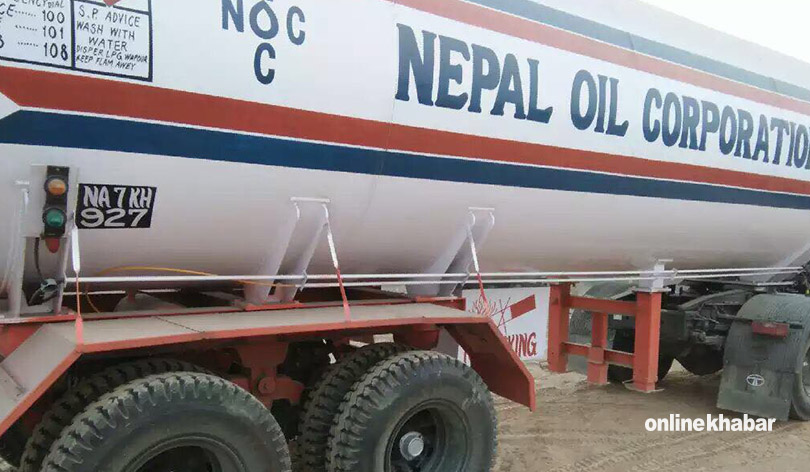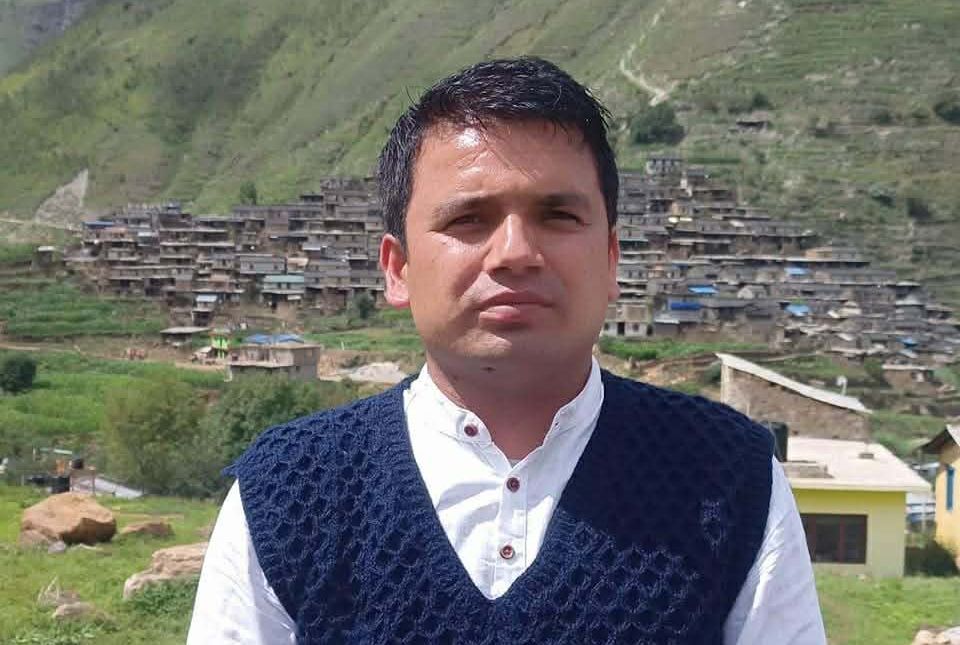
The Constitution of Nepal (2015) enshrines the rights to employment, labour, and social security as fundamental, contributing the nation’s vision of decent work, dignified livelihood, and inclusive prosperity. These constitutional commitments align with the principles of ILO Conventions and Sustainable Development Goal 8 (Decent Work and Economic Growth), reinforcing Nepal’s dedication to equitable labour practices and social justice.
Over the past decade, Nepal has established a comprehensive legal and policy framework to advance these aspirations. Key legislations include the Labour Act (2017), Contribution-Based Social Security Act (2017), Right to Employment Act (2018), Foreign Employment Act (2007), National Employment Policy (2014), Foreign Employment Policy (2012), Integrated National Social Protection Framework (2023) and so forth which guide the nation’s efforts toward coordinated job creation, fair labour practices, and a resilient social protection system.
According to the National Census 2021, about 67 per cent of Nepal’s population lies within the productive age group (15–59 years). However, this potential seems underutilised. The ‘Nepal Labour Force Survey’ reports an unemployment rate of 11.4 per cent, with only 38.5 per cent labour force participation and 36.5 per cent in formal employment. Women’s unpaid care and domestic work is six times higher than men’s, reflecting huge gender inequality and the undervaluation of care work.
Labour market struggles
Labour migration is shaping Nepal’s economy. In FY 2022/23, 771,327 Nepali received foreign employment permits, generating Rs 1,220 billion in remittances equivalent to 23 per cent of GDP. While remittances sustain household economies, heavy dependence on foreign labour markets has hindered domestic industrialisation, fueled social fragmentation, and exposed workers to exploitation and human rights risks.
Internally, the labour market struggles with low job and skills mismatch, and weak private-sector investment in productive sectors. Only 15 per cent of workers are currently covered by the Contribution-Based Social Security Fund (SSF) far below the 15th Plan target of 60 per cent. Although the government allocates 14.8 per cent of its annual budget to 87 social protection programs, efforts remain fragmented and require better integration.
Child labour persists, with 1.1 million children (ages 5–13) engaged in work, including 200,000 in hazardous conditions, underscoring the urgency of rights-based reforms in labour and social protection. Nepal thus stands at a crossroads where long-standing challenges such as foreign labour dependence, informal employment, and gender inequality can be transformed into opportunities for inclusive growth, social justice, and dignified work for all.
To reduce dependency on foreign employment and realise the constitutional right to dignified work, Nepal must prioritise domestic job creation, strong labour governance, and integrated social protection systems. Employment generation should be mainstreamed into macroeconomic, fiscal, and sectoral policies, with effective collaboration among public, private, cooperative, and civil society sectors.
Expanding local employment requires targeted campaigns to identify labour-intensive sectors such as agriculture, tourism, construction, education, green energy and so forth.
Strengthening employment service centers or employment banks will improve job matching, while reforming the Prime Minister Employment Program (PMEP) can align short-term employment with long-term skills development. Promoting SMEs as opportunity of job creation, developing local entrepreneurship models, and introducing earn-while-learning and apprenticeship programs in schools and colleges will foster dignified, sustainable employment.
Nepal has a unique opportunity to transform its demographic advantage into economic strength. A ‘National Human Resource Development and Mobilisation Plan’ should focus on technical and vocational education aligned with both domestic and international labour market needs. Strengthening public–private partnerships, creating certification systems for skills acquired at home and abroad, and investing in entrepreneurship and innovation can empower youths as job creators rather than job seekers.
A robust labour governance system is central to achieving decent work. It must enhance industrial relations, labour inspections, and occupational safety and health (OSH) systems, while enforcing equal pay for equal work, minimum wages, and workers’ rights. The elimination of child labour, bonded labour, and forced labour practices is critical. Promoting gender equity in labour governance, recognising unpaid care work, and enacting a ‘National Care Policy’ will institutionalise women’s participation and strengthen the emerging care economy.
Strengthening labour diplomacy
Nepal’s fragmented training ecosystem must be consolidated under a ‘National Qualification Framework’. Training should be market-driven, technology-oriented, and responsive to emerging opportunities in the digital economy, green jobs, and care sectors. Aligning skill standards with destination countries’ requirements will increase global employability and ensure recognition of Nepali workers abroad.
Foreign employment is becoming the part and parcel of Nepal’s labour landscape, but it must be made safe, dignified, and choice based. It should sign bilateral labour agreements with high-return, worker-friendly countries and fully enforce the employer-pay principle to eliminate recruitment exploitation. Strengthening labour diplomacy, Nepali missions abroad, and legal and welfare services for migrant workers will protect rights and promote reintegration.
Linking remittance inflows with productive investments and entrepreneurship can turn migration gains into sustainable development outcomes.
Achieving sustainable social protection is vital for inclusive growth. Implementing the ‘Integrated National Social Protection Framework (2023)’ should prioritise integration of fragmented programs, expansion of contribution-based schemes, and investment of ‘Social Security Fund’ resources in productive sectors. A shift from welfare-based to rights-based and contribution-based systems will enhance financial sustainability and resilience.
Youths are the foundation of nation’s future prosperity. Youth mobilisation programs can engage graduates, students, and returnee migrants in civic, community, and economic activities. Providing internships, volunteering, and entrepreneurship support, along with access to concessional loans and startup funds, will empower young people to drive innovation and local development.
Likewise, Nepal’s pathway to inclusive and sustainable employment calls for bold and integrated programs that connect production, skills and social protection. The programs should focus on promoting micro, small and medium enterprises (MSMEs) while linking production sectors with job creation. Vocational and skill development programs should deliver short-term, market-driven, and work-based training to build a skilled workforce. Through the youth mobilisation program, young people can be engaged in nation-building as volunteers, interns, and entrepreneurs.
The programs should enforce occupational safety and health (OSH) standards, labor audits, and equal pay provisions while fostering a culture of labour dignity. They should aim to ensure safe and orderly migration through skill certification, integrated data systems, and effective welfare fund mobilisation.
The social protection expansion program should seek to unify fragmented schemes into a contribution-based system, and the reintegration of returnee workers program, which channels the skills, experience, and capital of migrant returnees into productive sectors.
‘The Integrated Employment Information System’ should digitally connect labour supply, demand, and training data across all levels of government, while the ‘National Care Policy’ should recognise, formalise, and value caregiving work to enhance women’s economic participation. Together, these efforts will drive inclusive, self-reliant, and sustainable national growth.
In this way, these initiatives will help to increase domestic employment, reduce forced migration, and boost labour productivity and wage equality. By formalising the informal economy, regulating care work, and expanding youth and women’s participation, we can enhance social protection coverage and economic resilience. Productive reinvestment of remittances, better inter-governmental coordination, and integrated data systems will accelerate inclusive growth and decent work for all.
In a nutshell, Nepal is standing at demographic potential, constitutional guarantees, and policy instruments which can transform its labour landscape. Realising productive employment, decent jobs, and sustainable social security demands not just economic reform but a social transformation one rooted in respect for labour, gender equality, and inclusive growth. As Nepal aspires to graduate from least developed to middle-income status, it must invest in its people their skills, security, and dignity.
By turning migration dependency into domestic productivity, informality into formality, and vulnerability into resilience, Nepal can build a just, prosperous, and self-reliant future founded on the dignity of work for inclusive growth.


















